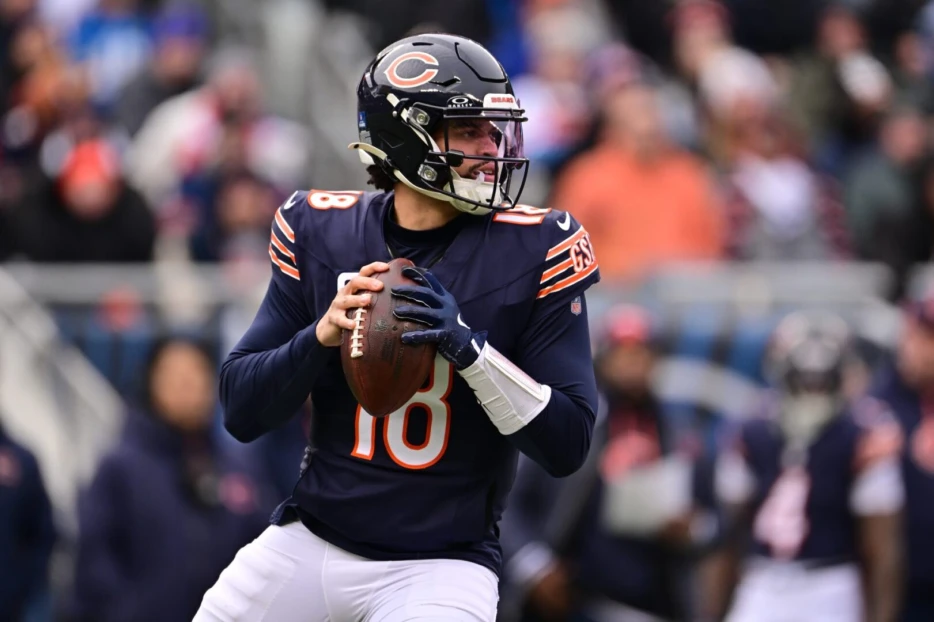
 NFL Trade Rumors
NFL Trade Rumors
There is no more hallowed pastime for NFL fans than overreacting to one game of data after Week 1 of the season. Rookies who struggled are busts, veterans who struggled are washed. Breakout superstars are crowned, coaches are blasted on the hot seat, and careers are declared revived after a surprise five-catch performance.
It’s not my place to end this tradition, but I will preach some caution and try and look at the bigger picture. I took five of the most interesting overreactions to Week 1’s action and gave my thoughts, trying to parse out whether this is a sustainable trend or a flash in the pan.
Without further ado, let’s examine some overreactions:
The last game of the opening week was also maybe the weirdest. It was a great Monday night game with some fantastic narratives: Bears QB Caleb Williams entering his second season, now paired with new HC Ben Johnson, vs. the Vikings and QB J.J. McCarthy, who missed his entire rookie season with a meniscus injury.
On the Bears’ first drive of the game, Williams marched his team down the field with ease and scored a touchdown. He completed his first 10 passes and was having a stellar start to the game, only to stall out after that. Chicago’s offense scored a mere three points between the opening drive and garbage time. The entire unit was stuck in mud: the running game couldn’t get going, receivers weren’t getting open, and Williams missed them when they did.
When I was watching the broadcast live, I didn’t think Williams looked comfortable at all. There was some pressure, but he held onto the ball forever, waiting for something to open up. There were clearly reads he was supposed to be making faster that he wasn’t, leading to check-downs and unnecessary mistakes. On the plus side, Williams kept the ball out of harm’s way and didn’t do anything stupid trying to be a hero, but at a certain point, you need to hit your open receivers, especially when the play is drawn up for you to do so quickly.
Afterwards, I watched back the All-22 footage, and it paints Williams in an even worse light. There were opportunities to attack downfield that he either didn’t see or didn’t trust, but he needed to make those throws to keep the offense on schedule. On top of that, his ball placement was an issue: there were times when he put his receivers in worse positions by where he threw the ball, limiting yards after the catch or their ability to complete it. One screen attempt was particularly bad — the pass was complete, but it took the receiver backwards and the Bears failed to convert on third down.
Johnson is considered one of the top offensive minds in football. He ran a brilliantly efficient offense in Detroit with QB Jared Goff, one predicated on timing and precision. Goff had to make quick reads and get...